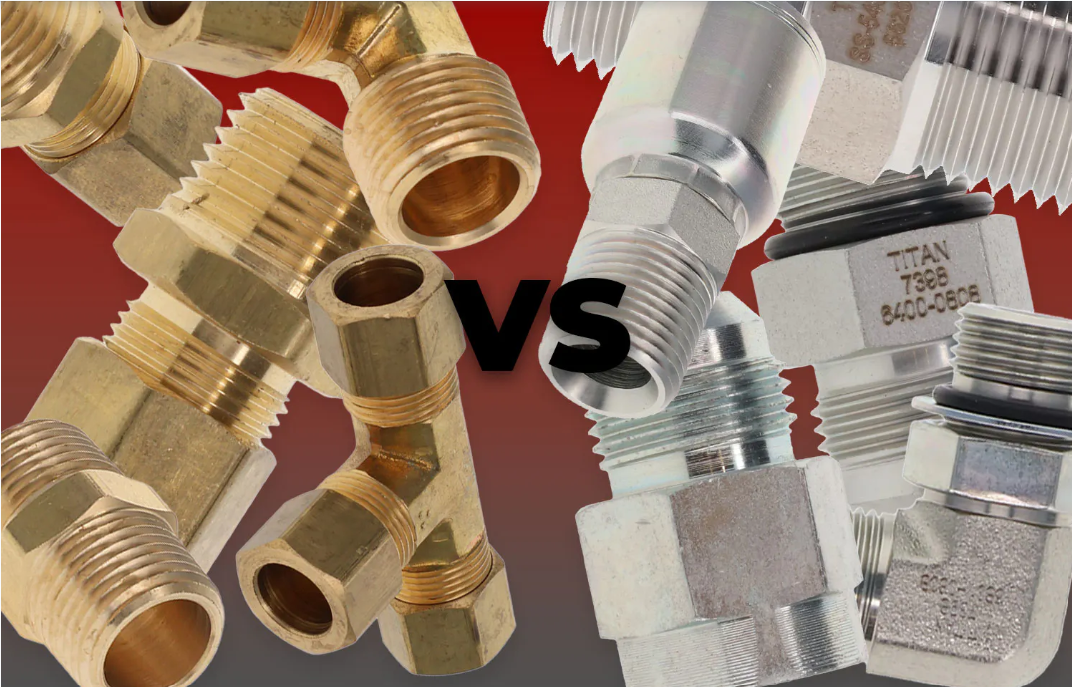
The choice between stainless steel and brass fittings for a water system can depend on various factors such as cost, application, water quality, and personal preference. Here are some significant differences to consider:
Stainless Steel Fittings:
1. Corrosion Resistance: Stainless steel is highly corrosion-resistant, making it an excellent choice for long-term durability, especially in harsh environments or with corrosive water.
2. Strength: Stainless steel fittings are more robust than brass, which can benefit high-pressure applications.
3. Temperature Resistance: They generally have good resistance to high and low temperatures, making them suitable for a wide range of applications.
4. Hygienic: Stainless steel is easy to clean and doesn't easily harbor bacteria or contaminants, which can be important for specific applications, such as food or medical industries.
5. Longevity: They have a long lifespan and are less likely to degrade over time than brass.
Brass Fittings vs Stainless
1. Cost: Over the last few years, we have found that the cost is very close, making Stainless steel a better value.
There is no labor difference between products.
2. Malleability: Brass is more malleable than stainless steel, making it easier to work with and install.
3. Tradition: Brass has long been a traditional material for plumbing so it might be more familiar or trusted in some contexts.
4. Decent Corrosion Resistance: While not as corrosion-resistant as stainless steel, brass can withstand most normal water conditions without significant issues.
5. Lead Concerns: Historically, brass fittings contained lead, which could leach into drinking water. However, modern brass fittings are typically lead-free due to health concerns.
Considerations:
- Water Quality: If you have particularly hard or aggressive water, stainless steel might be a better choice to prevent corrosion.
Application: Stainless steel's corrosion resistance may be preferable for outdoor or underground installations where fittings are exposed to the elements.
- Budget: If cost is a significant factor, brass fittings might be more economical.
- Personal Preference: Some people prefer the look of brass or have specific aesthetic requirements for their plumbing fixtures.
In many cases, both stainless steel and brass fittings can work well for water systems, so the decision often comes down to specific needs, budget, and the environment in which the fittings will be used.







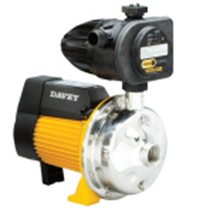
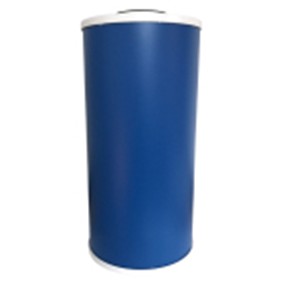
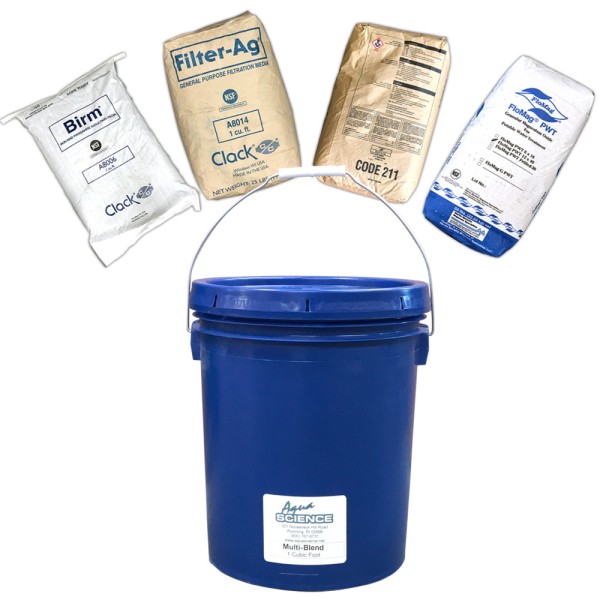
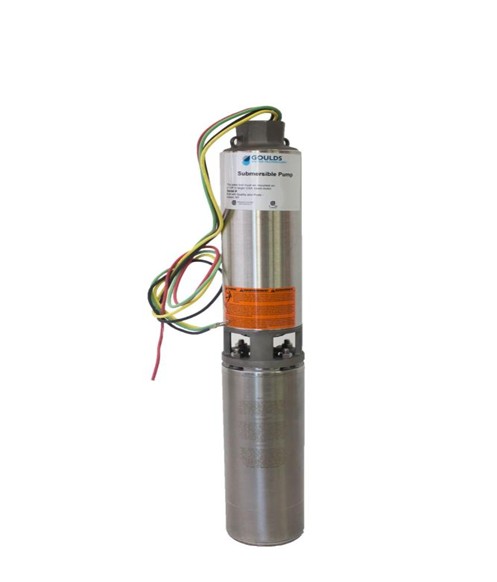
Validate your login